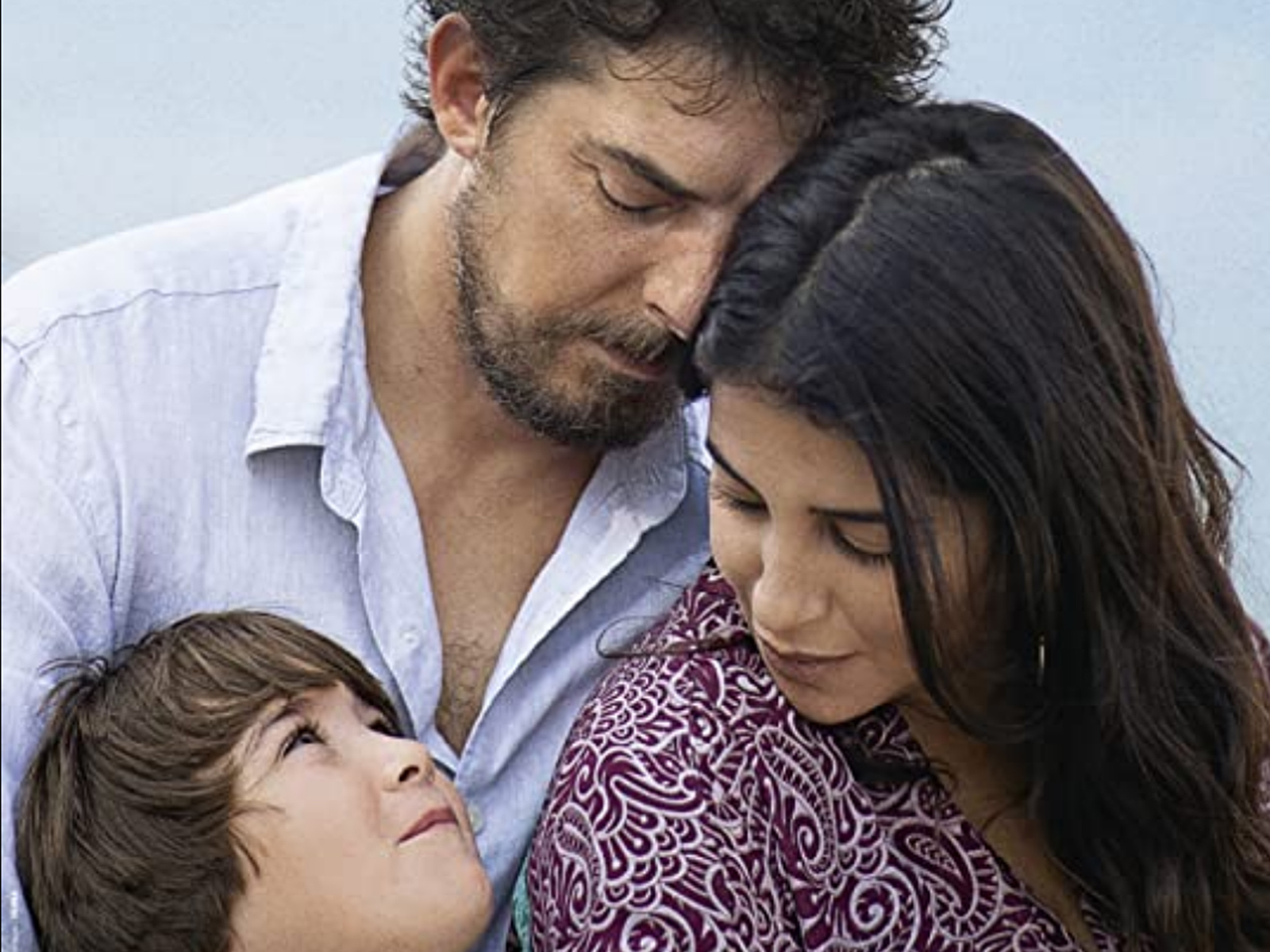
- Golden Globe Awards
The Restless (France)
A family drama that explores the long shadow that one man’s bipolar disorder casts over his loved ones, Belgium-born filmmaker Joachim Lafosse’s The Restless enjoyed its world premiere in competition at the 2021 Cannes Film Festival.
Damien Bonnard – who after a decade’s worth of screen credits burst onto the international film scene playing a conflicted police officer in Ladj Ly’s Golden Globe-nominated Les Misérables – here portrays Damien, a bipolar but loving father and successful artist who feels his best and most creative work comes when he is not taking his prescribed medication. This leads to manic, unregulated periods of hyper-productivity, during which Damien literally creates more work than his gallery owner can handle. It also leads to crashes of depression requiring hospitalization, though, which take a considerable toll on Damien’s wife Leïla (Leïla Bekhti), leaving her no time for her own work. Understandably, these episodes are also quite destabilizing for their young son Amine (Gabriel Merz Chammah, the grandson of Isabelle Huppert).
For the 45-year-old Lafosse, The Restless represents a deeply personal story whose roots reach back to film school — and actually even further. His own father suffered from bipolarity, and his childhood memories of that experience shaped a desire to explore the disorder’s effects. As an undergraduate student, Lafosse sketched out a synopsis for a project he, at first, thought would be a nonfiction film. Later, heeding the age-old advice to write what you know, he began a narrative fiction script that was firmly entrenched in autobiographical detail. To supplement this material, he found additional inspiration and clarity of purpose in collaborations with a half dozen different co-writers. As details of his own specific story fell away, Lafosse came to see The Restless as, crucially, a more universal movie that was only incidentally about bipolarity, using the innate unpredictability it frequently manifests to reveal it to be a shared condition, not unlike alcoholism or drug addiction.
Bonnard, meanwhile, threw himself into his role as a painter, drawing on his own studies at a prestigious fine art school, in addition to collaborating with Belgian visual artist Piet Raemdonck. Naturally, he also dug deep into a study of mental health afflictions.
Working with cinematographer Jean-François Hensgens, Lafosse carved out ten days of on-location rehearsal with Bonnard and Bekhti before shooting commenced. They used the time to connect not only to their characters but also to one another, as well as establish a visual vocabulary in which the movie’s simple domestic beauty contrasts with the jumbled, charged impulsivity of its lead character. Together, their concerted efforts would yield a moving, fleshed-out portrait of how bipolarity complicates rather than entirely defines life.

